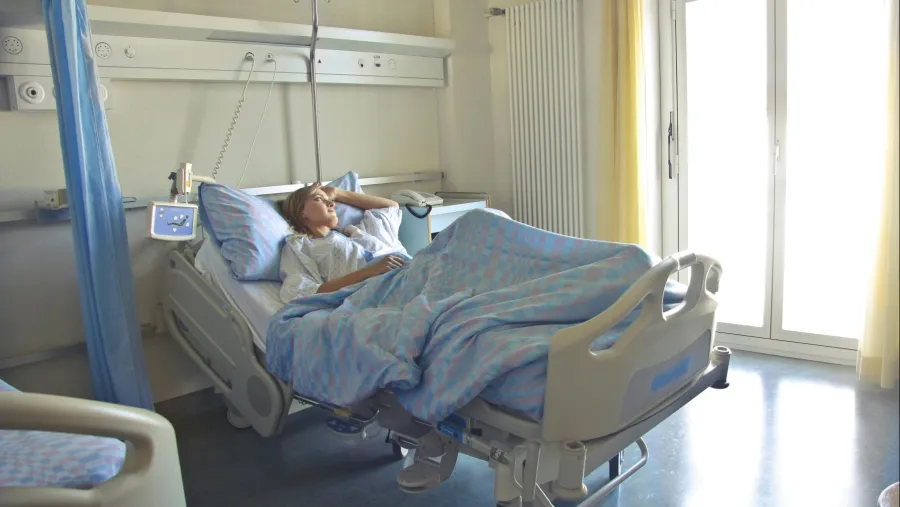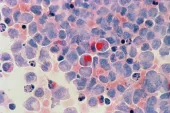
Global REM sleep behaviour disorder market to reach $438.6m by 2028
It is driven the increasing integration of AI and ML in RBD detection.
The global market for REM sleep behaviour disorder (RBD) is expected to grow by $438.6m from 2024 to 2028, with a CAGR of 6.7%, according to Technavio.
The growth is driven by the rising incidence of neurological disorders and the increasing integration of artificial intelligence (AI) and machine learning (ML) in RBD detection.
The report said that AI and ML technologies are revolutionising how sleep disorders are diagnosed and managed. These advancements enable the analysis of large sleep-related datasets, leading to accurate predictions and diagnoses of conditions like insomnia and sleep apnea.
By using demographic and physiological data, these predictive models can identify individuals at risk for sleep disorders, allowing for timely interventions.
However, the RBD market also faces significant challenges, particularly regulatory hurdles that limit treatment availability. Currently, there are few therapies specifically approved for RBD, which complicates treatment options. Medications like clonazepam, melatonin, and dopamine agonists are often used off-label, leading to uncertainties regarding regulation and reimbursement.
RBD is characterized by a loss of muscle atonia during REM sleep and is often associated with neurodegenerative disorders.



















 Advertise
Advertise





